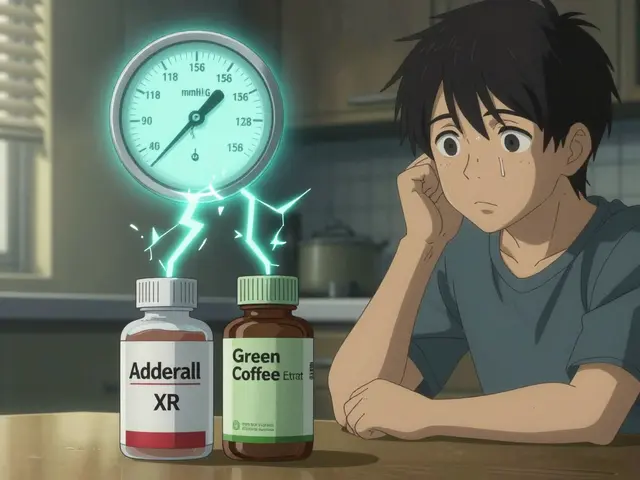Energy levels: simple steps to feel more awake every day
Hit the afternoon slump again? Low energy is annoying, but you can fix a lot of it with plain, practical changes. Below are short, useful steps you can try today and solid reasons to get tests or medical help when you need them.
Start with the basics
Sleep quality beats sleep quantity most of the time. Aim for a consistent bedtime, dim lights an hour before bed, and avoid screens right before sleep. A 20–30 minute power nap after lunch can refresh you without wrecking nighttime sleep.
Food matters. Skipping breakfast or loading up on sugar causes crashes. Start with protein (eggs, yogurt, or a nut butter toast) plus a little fiber. Drink water regularly—mild dehydration cuts your focus and energy.
Move daily. A brisk 10–20 minute walk raises alertness and supports steady energy through the day. Short bursts of movement beat long, sedentary stretches for most people.
Check for common medical causes and smart supplements
If you try the basics and still feel wiped out, get simple lab tests: complete blood count (to check for anemia), TSH and free T4 (thyroid), vitamin B12, and vitamin D. These are common, fixable causes of persistent fatigue.
Supplements can help when tests show a need. B12 for low levels, iron for iron-deficiency anemia, and vitamin D when it’s low. Phosphatidylcholine and certain herbal options pop up in our articles about liver and mood support — they’re useful in some cases, but don’t start them blindly. Always check levels first and talk to your doctor.
Some medications cause tiredness. If you started a new drug and energy fell off, ask your prescriber if that could be the reason and whether a change is possible.
Quick fixes that actually work: morning bright light (outside or a light box), a protein snack instead of candy, a short walk, and spacing caffeine—avoid it after 2–3 PM so sleep stays solid. Manage stress with tiny routines: five minutes of breathing, a brief walk, or a clear shutdown routine after work.
When to see a doctor: if fatigue lasts more than two weeks despite good sleep and food, or if it’s paired with weight loss, fever, shortness of breath, chest pain, or new mood changes. Those need a prompt check-up and sometimes simple tests to find a treatable cause.
If you want targeted help, check our guides on supplements for mood and thyroid support. They explain which options are evidence-based and which claims to ignore. Small, steady changes add up fast—start with one habit this week and see how you feel.

Vitamin D Deficiency and Fatigue: How to Boost Your Energy Levels
As a blogger, I've recently discovered the connection between Vitamin D deficiency and fatigue. I found out that low Vitamin D levels can lead to constant tiredness and a lack of energy. To boost my energy levels, I've started spending more time outdoors in the sunlight and eating Vitamin D-rich foods like fatty fish and fortified dairy products. I also began taking a daily Vitamin D supplement to ensure I get enough of this essential nutrient. Since implementing these changes, I've noticed a significant improvement in my overall energy levels and well-being.
Detail




